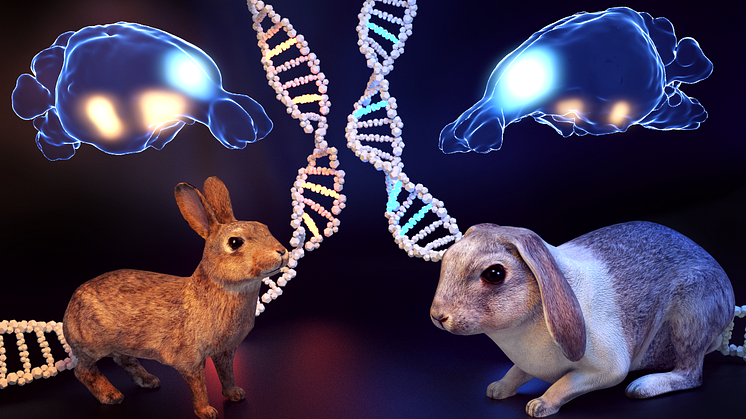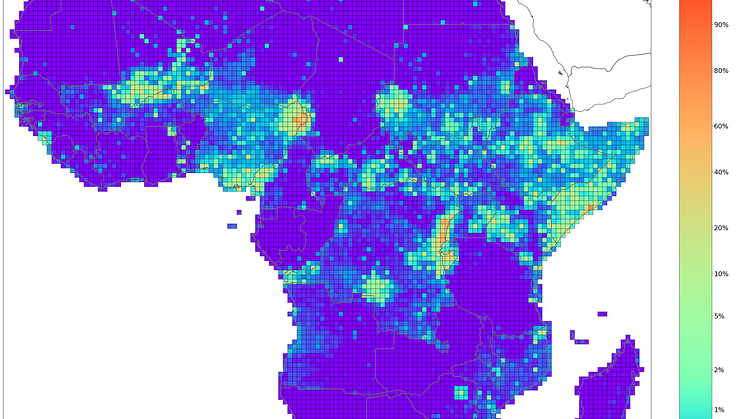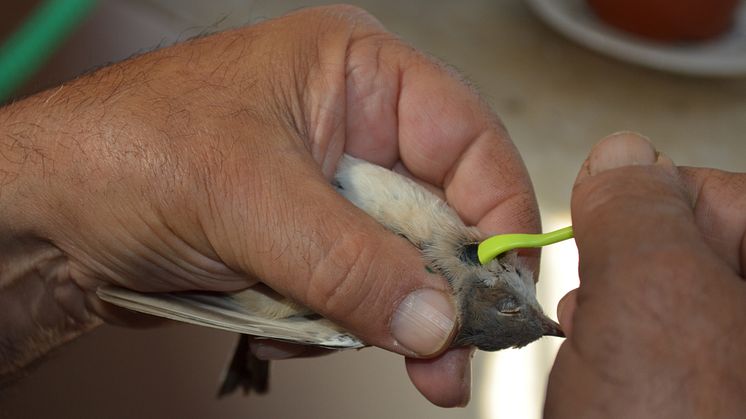Magma storage and eruptive behaviour at Bali volcano
A new study by researchers at Uppsala University and INGV, Italy, sheds light on magma storage under the currently active Agung volcano on the island of Bali in Indonesia. Magma at Agung is stored at both mantle (~20 km) and shallow crustal (~5 km) depths, which may be a potential cause for sudden pressure-driven eruptions in this densely populated part of the world. (Scientific Reports 180712)



